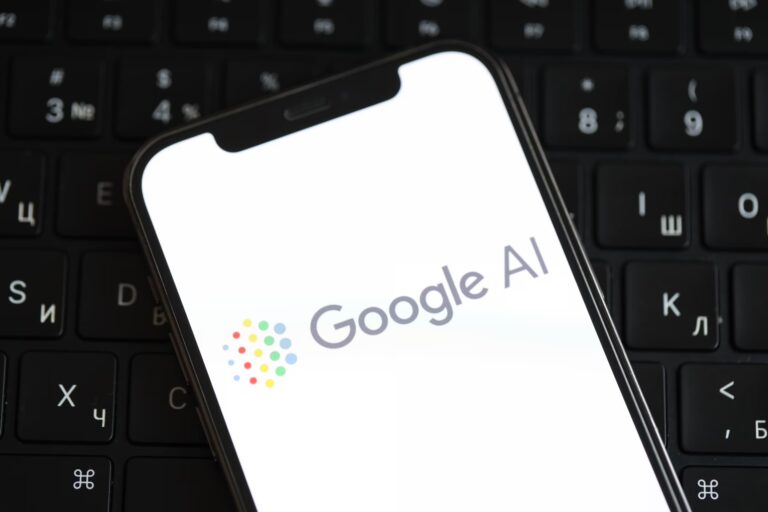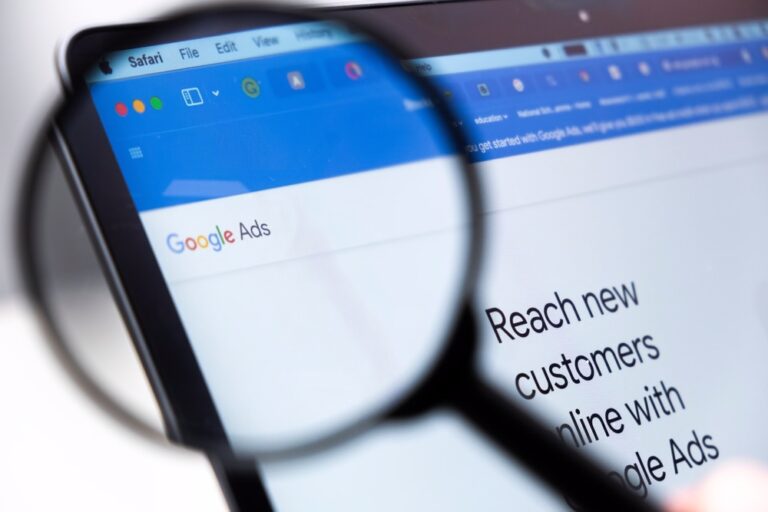Spying on Google
This week we decided to have a Google Week – simply because the search giant is doing so much and making so many changes. In this blog post, we’ve collated some of the most important changes and updates that Google is making to some of its products. If you’re pressed for time take a look through our 8 page slideshow. It’ll give you all the information you need. Otherwise, go ahead and read the transcript below it.
Don’t forget to share if you find it useful! 🙂
Google has included a copyright infringement update in the Ranking Algorithm
In the name of improving search quality, Google has announced that it will begin penalizing websites that receive too many valid copyright removal notices. Beginning in mid-August, the Google ranking algorithm was adjusted to reflect these changes such that websites with a high number of removal notices would be appearing lower in the search results.
Google returns random search results
It’s not all in your head. Google really is returning random search results and it’s all under the name of a patent called ‘Ranking Documents’.
Why are they doing it? As Econsultancy puts it: ‘To combat rank-modifying spammers’. You’re going to get put in the ‘rank transition’ category if your SEO suddenly begins to work, or if it looks as though you’re undertaking unnatural link activity or excessive content optimisation.
What this basically means is that your site’s rankings will be randomized for a while to give the impression that what you’re doing is not working. When enough time has passed your true ranking will surface. Here are some of the things that Google fits under the category of ‘rank spamming’:
- Keyword stuffing
- Page redirects
- Link-based manipulation
- Invisible text or tiny text
While some of these changes may be legitimate, you’re still going to have patience. It’ll take a bit of time before you know where you really rank.
Google+ beings rolling out vanity URLs
If you have a Google+ account, you’ve probably noticed how horrible your URL looks. It’s a long, indecipherable string of numbers. That’s why you’ll be happy to know that Google has begun rolling out vanity URLs. Not yet to the public, but to some big brands and celebrities like Britney Spears, Toyota, David Beckham, Hugo Boss, etc. It’s not really an exciting change, but it certainly is about time! Facebook and Twitter have been doing this for a long time.
Google is going to start putting your emails in the SERPs
It hasn’t happened yet, but it looks as though it’s set to go ahead. On August 8th, Google began trialling a new feature – they offered Google account users the chance to sign up to have their emails included in the Search Engine Result Pages (SERPs).
This does not mean your emails will be made available to the public. It simply means that when you are logged into your Google account and you perform a keyword search, some of your emails that contain the keyword will be listed in the sidebar. As it is, when you’re logged in your Gmail is a click away anyway.
And for anyone who thinks this is a crazy idea, Matt Cutts states that users will be able to disable this feature as easily as they can the personalised results search option.
Google+ Business Page merges with Google+ Local
Google Places/Google Local has officially merged with Google+. This is still not the case for service area businesses or businesses with multiple locations and, it’s only available for businesses that already have place pages created in the Local Business or Place category of Google+.
If you’re in this category, all you have to do to associate your Place Page with your Google+ Page is click ‘verify now’ on the right side of the page within your account. A postcard with a pin on it will then be sent to your location so that you can complete the verification process.
Knowledge Graph goes global
Outside of the US, Google’s ‘Knowledge Graph’ has begun to appear on tablets and smartphones. At the moment, you’ll only see results for searches in the following categories: flights, weather forecasts and measurements. These changes will soon roll out to desktops, but for the moment, in the UK, we’ve not yet seen it. If you’re interested in finding out more about Knowledge Graph, take a look at Google’s very own explanation.
Google Shopping continues to prepare for paid inclusion
Google is pushing users of Google Shopping to head on over to Google’s YouTube channel so that they can take a look at the videos that have been created to help merchants through the transition from free Google Products to their new ‘paid-inclusion’ model. This model will display products in a similar manner to Google Adwords, with the ranking being based on a combination of relevance and bid price.
Note: this previously free service will no longer be free from October 2012.












